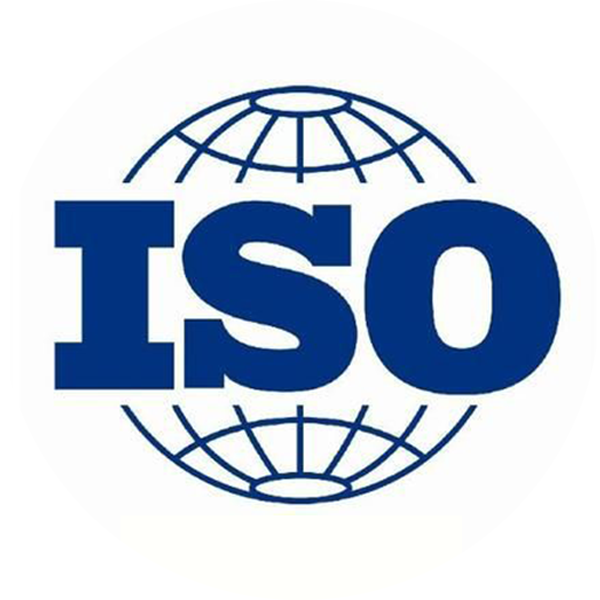
NEWS
New Tariff Policy
The U.S. government announced a 25% tariff on carbon steel products from multiple countries, including China, Brazil, and Russia. This policy is designed to mitigate the impact of imports on the U.S. steel industry, protecting domestic jobs and production capacity. The U.S. Department of Commerce stated that this measure is intended to ensure a fair competitive environment in the domestic market.
Reactions from Major Exporting Countries
This policy was immediately met with strong opposition from major exporting countries. A spokesperson for China’s Ministry of Commerce stated that the new measures would have a negative impact on U.S.-China trade relations and could lead to further trade tensions. Similarly, the governments of Brazil and Russia indicated that they would take appropriate measures to protect their domestic industries, potentially including retaliatory actions against U.S. goods.
Concerns from Industry Experts
Industry experts have expressed concern, noting that this tariff policy could create uncertainty in the global carbon steel market. Many businesses rely on international supply chains, and the new trade barriers could increase production costs and raise product prices. Experts warn that if countries engage in reciprocal tariffs, it could trigger a new trade war, adversely affecting global economic recovery.
Future Outlook
As trade policies continue to evolve, the challenges facing the carbon steel industry will become more complex. Companies will need to reassess their supply chain strategies to cope with potential cost increases and market volatility. Additionally, governments must consider the interconnectedness of global markets when formulating trade policies to avoid excessive protectionism that could lead to negative consequences.
Overall, the U.S. new tariff policy not only affects the domestic market but also has far-reaching implications for international carbon steel trade. All parties must closely monitor developments in this situation to devise appropriate responses.
PLEASE GIVE US A MESSAGE
YOBEST (YBT) METAL
8
Workshops
100.000 m2
Factory Area
3000 tons
Monthly capacity

Assurance
*We respect your confidentiality and all information are protected. Maybe the time difference, We will respond to your inquiry message within 12 hours at the latest.

